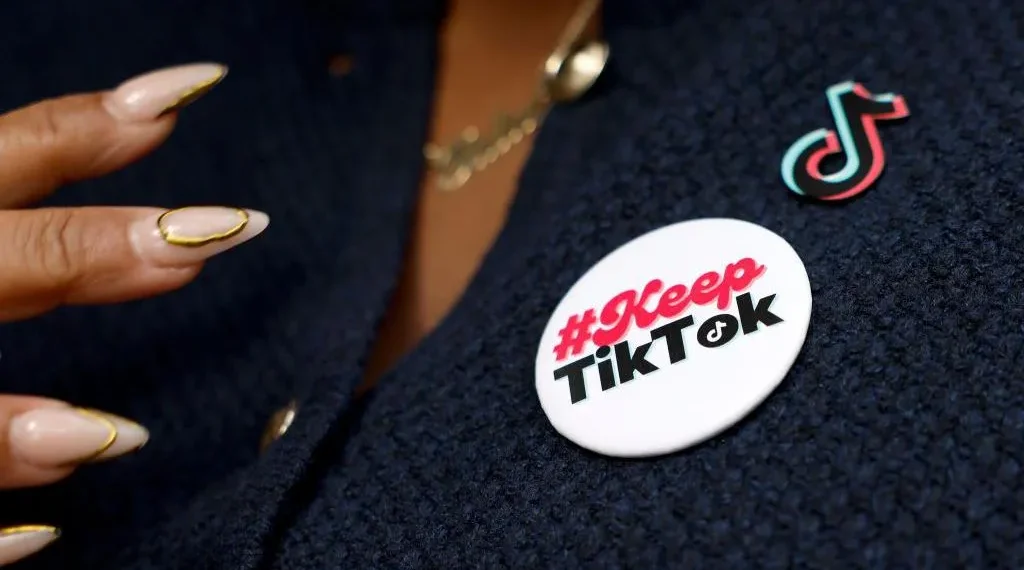Supreme Court to Hear TikTok’s Challenge Against Looming U.S. Ban
The U.S. Supreme Court has agreed to hear TikTok and its China-based parent company ByteDance’s appeal to block a law requiring the sale of the popular short-video app by January 19 or face a nationwide ban over national security concerns. The hearing is set for January 10.
TikTok’s Fight Against the Ban
TikTok and ByteDance, along with some content creators, had sought an emergency injunction to halt the impending ban but were met with no immediate action from the justices. The companies are challenging a lower court decision that upheld the law. TikTok is widely used in the United States, with an estimated 170 million users.
Congress passed the measure in April, following concerns raised by the Justice Department. Officials argued that TikTok poses “a national-security threat of immense depth and scale” due to its potential access to sensitive user data—including locations and private messages—and its capacity to manipulate content. TikTok has consistently denied these allegations, stating it poses no imminent threat to U.S. security.
Constitutional Debate: Free Speech vs. National Security
In their appeal, TikTok and ByteDance argue that the law violates the First Amendment’s free speech protections. The companies warned that even a temporary shutdown could lead to the loss of a third of TikTok’s U.S. user base, impacting advertising revenue, content creator partnerships, and talent acquisition. The U.S. Court of Appeals for the District of Columbia Circuit rejected these arguments on December 6.
TikTok’s filing to the Supreme Court emphasized, “If Americans, duly informed of the alleged risks of ‘covert’ content manipulation, choose to continue viewing content on TikTok with their eyes wide open, the First Amendment entrusts them with making that choice, free from the government’s censorship.”
Impact of a Potential Ban
A U.S. ban would significantly devalue TikTok, adversely affecting ByteDance, its investors, and businesses reliant on TikTok for marketing and sales. The law also mandates restrictions on app distribution platforms such as Apple’s App Store and Google Play, effectively preventing access to TikTok unless ByteDance divests the app by the deadline.
Critics fear that this move sets a precedent for potential bans on other foreign-owned apps. In 2020, former President Donald Trump’s attempt to ban WeChat, owned by Chinese company Tencent, faced similar legal challenges and was ultimately blocked.
Political Dynamics and Global Trade Tensions
Former President Trump, who initially sought to ban TikTok in 2020, has recently reversed his stance, stating he has “a warm spot in my heart for TikTok” and pledging to “take a look” at the issue if elected. Trump’s comments come ahead of his inauguration on January 20, just one day after TikTok’s deadline.
The D.C. Circuit Court justified the law, stating, “The First Amendment exists to protect free speech in the United States. Here the government acted solely to protect that freedom from a foreign adversary nation and to limit that adversary’s ability to gather data on people in the United States.”
TikTok has vehemently denied claims of data-sharing with the Chinese government and characterized the ban as a “radical departure from this country’s tradition of championing an open Internet.”
This legal battle unfolds against the backdrop of intensifying trade tensions between the U.S. and China. President Joe Biden’s administration recently imposed restrictions on China’s chip industry, prompting Beijing to retaliate with export bans on critical minerals like gallium and germanium.
The Broader Implications
The outcome of TikTok’s Supreme Court case could set a critical precedent for how foreign-owned apps are regulated in the United States. An unimpeded ban on TikTok could pave the way for similar actions against other apps, fundamentally reshaping the digital landscape and U.S.-China tech relations.
This article was rewritten by JournosNews.com based on verified reporting from trusted sources. The content has been independently reviewed, fact-checked, and edited for accuracy, neutrality, tone, and global readability in accordance with Google News and AdSense standards.
All opinions, quotes, or statements from contributors, experts, or sourced organizations do not necessarily reflect the views of JournosNews.com. JournosNews.com maintains full editorial independence from any external funders, sponsors, or organizations.
Stay informed with JournosNews.com — your trusted source for verified global reporting and in-depth analysis. Follow us on Google News, BlueSky, and X for real-time updates.














